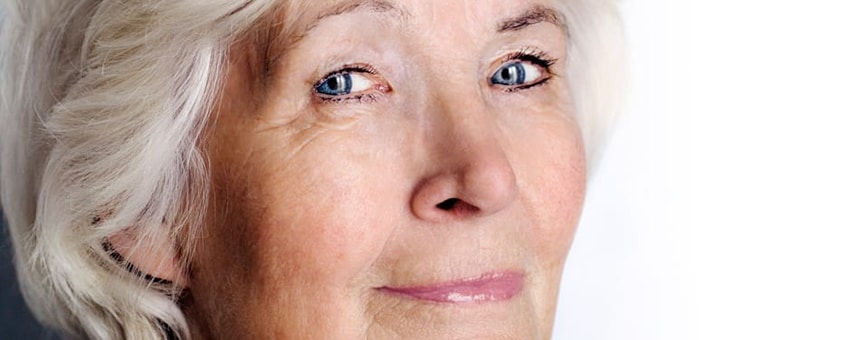
The human body experiences many changes in development through the course of a normal lifetime. Women begin experiencing sexual development sometime during or before their teen years as hormone levels increase. Later in life, they undergo new changes related to hormone fluctuations.
What Does Menopause Mean?
Just as puberty signals the beginning of a woman’s reproductive capability, menopause signals the end of that capability. This period of a woman’s life is also similar in that it is a development that occurs over the course of years and not all at once. While the age during which this transition begins will differ for every woman from every ethnic and cultural background, it generally occurs sometime during the 40s or 50s.
The transition itself involves the shutting down of the woman’s ovaries, just as they became active during pubescence. The uterus will also undergo alteration as it fails to build up the lining that would normally support an embryo. Menstrual periods will eventually cease entirely after the uterus undergoes these changes.
Symptoms of Menopause
The signs and symptoms of menopause are numerous and some may overlap with symptoms of pathological conditions. A woman who thinks that she is undergoing menopause should always consult a physician to help distinguish between this natural change in a woman’s reproductive health and some something more urgent. Health professionals can also help with treating these symptoms. Typical signs and effects of menopause include:
- Hot flashes. These are classic symptoms of menopause which include night sweats.
- Frequent headaches. Some women may experience migraines.
- Tachycardia. The heart periodically beats at rates faster than 100 times per minute for no apparent reason.
- Dysfunctional menstruation. Menses do not simply stop abruptly. Instead, the flow may change from heavy to light or periods may be missed, causing some women to think that they might be pregnant. Instead, this is most likely an indication that the ovaries did not produce any eggs that month.
- Back pain.
- Depression. Mood swings may also occur.
- Insomnia.
- Decreased libido.
- Painful Intercourse.
- Bone loss. Menopause increases long-term risk of osteoporosis.
Dealing with Menopause
Women do not need to suffer these signs and symptoms of menopause in silence. There are a number of diverse treatments available for them in health care.
- Hormone Replacement Therapy. This is a popular choice for both for women who still have a uterus and those who do not. It is primarily aimed at reducing the discomfort of hot flashes but it also has a salutary effect in the long term on bone loss. However, it is associated with an increased risk of blood clots and stroke.
- Selective Estrogen Receptor Modulators. These drugs mostly help to reduce bone loss and menstrual irregularities.
- Antidepressants. Besides helping with mood, these drugs also appear to have a beneficial effect on hot flashes.
There are many other ways to treat menopause. Your physicians at the Woodlands OBGYN Associates can help you to learn more about this health condition and offer you ways to treat menopause when it begins to impact your life. Contact us today to schedule an appointment!


